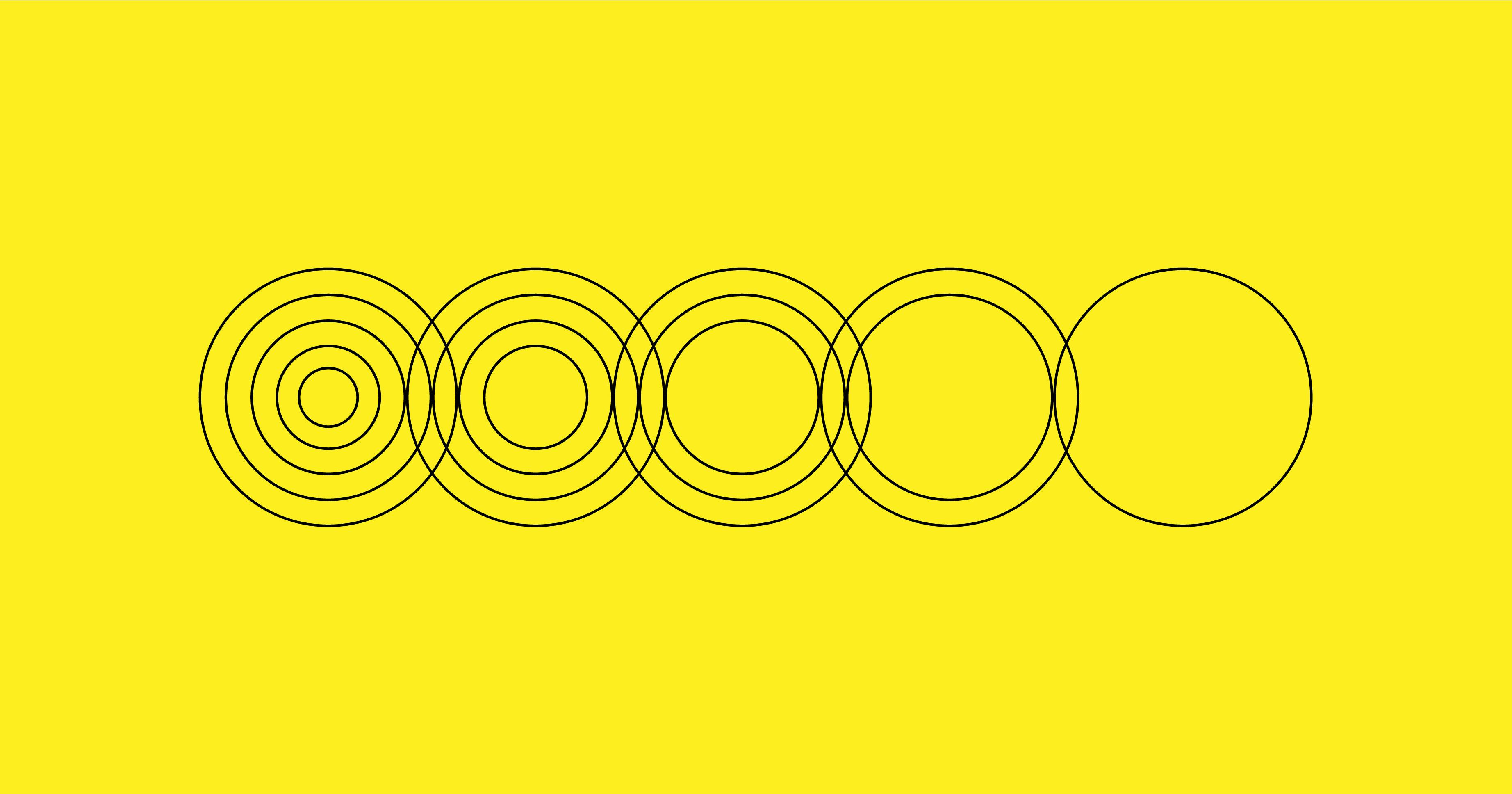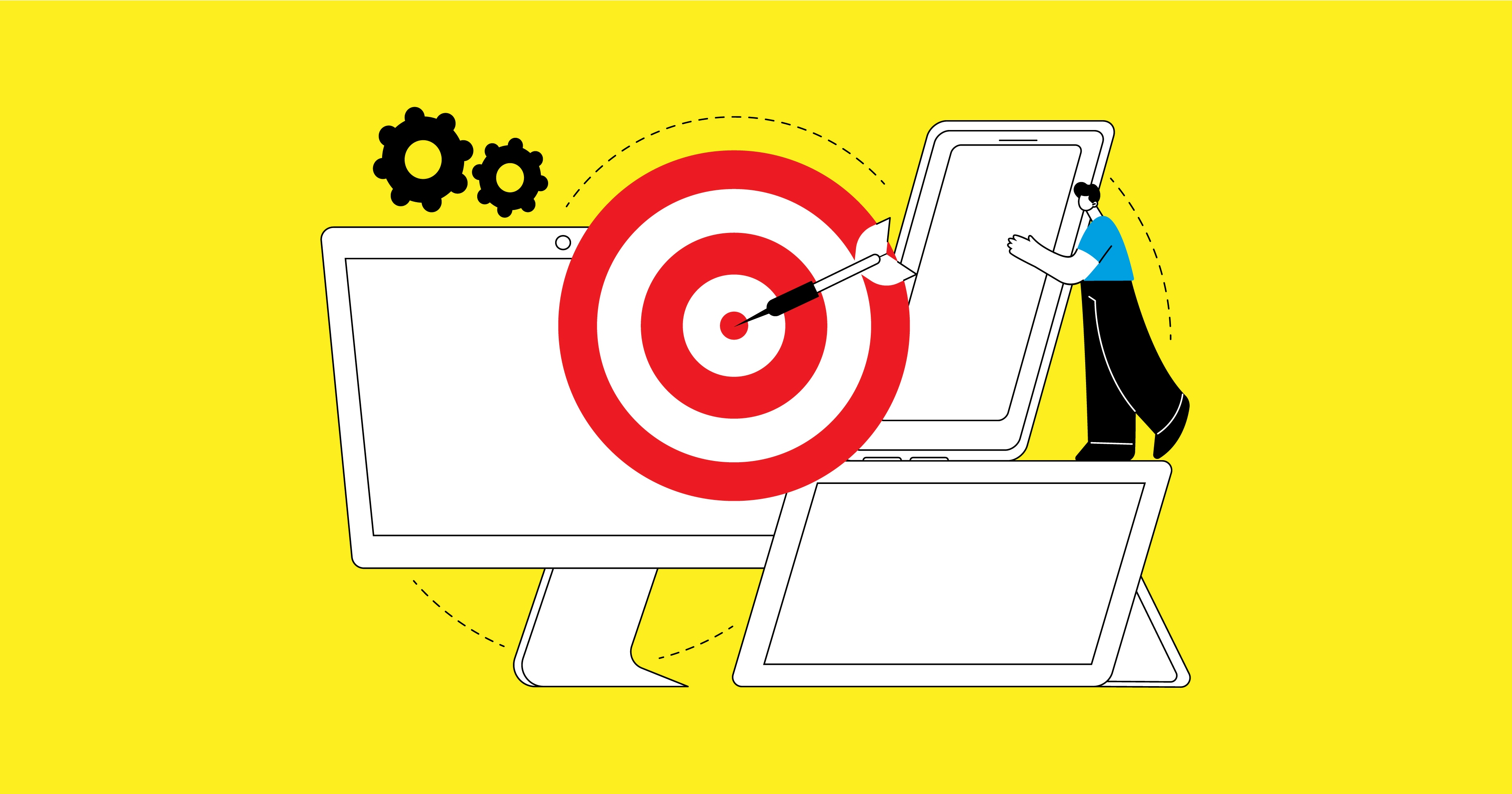
Simplicity sells: Unpacking minimalist brand strategies
Overcomplicated brands can happen for a range of reasons. Input from different stakeholders, several years of iterations or business expansion and acquisition can all lead to a convoluted brand strategies. Although untangling all these influences can be challenging, stripping back and taking a minimalist approach is paying off for many businesses.
From one-sentence messages to packaging designs, minimalist branding has become more popular with established corporations and emerging startups alike. The annual ‘World’s Simplest Brands’ survey from branding firm Siegel+Gale explains why. Its latest research found that 78% of customers are more likely to recommend brands with simpler experiences and communications.
A minimalist approach unlocks greater value for businesses. The survey estimates that overcomplicated brands lose out on $780 billion of unrealised revenue per year and are outperformed by simpler competitors on the stock market by 1,600%. In short, minimalist brands are more popular with modern customers.
This article examines the psychology behind this and explains the business benefits of a stripped-back approach.
What is minimalist branding?
Minimalist branding is when a business takes a ‘simplicity-focused’ approach in its design, communications, marketing and customer experience. For example, minimalist design focuses on simple shapes, lines and colour palette. Similarly, minimal messaging tells a single story in a clear, engaging way.
To create a minimalist brand, marketers need to follow a ‘less is more’ attitude. This means removing anything that’s considered excessive or distracting from the main focus. Minimalist brand strategies aim to make a business, its USPs and products or services as easy to access and understand as possible.
Why do customers love minimalism?
The figures don’t lie - the modern customer prefer brands that take a simpler approach. So, what are the factors and preferences driving this trend?
Mindful spending
The cost of living crisis is leading to tighter household budgets, even for people on high incomes. This means customers are more cautious with their non-essential spending. Indeed, these types of consumers currently account for 18% of the global population.
Less impulsive and highly research-led in their buying decisions, finding bargains, buying fewer high-quality items and seeking out strong or ‘well-known’ brands are significant motivators for these ‘minimalist seekers’. This more conscious approach has led to trends such as ‘quiet luxury’ fashion where customers opt for higher-priced, well-made clothing items.
Eco-consciousness
More customers than ever are keeping the environment in mind when making purchases. Around a quarter are willing to pay more for products or services that are more sustainable or made in line with ethical working practices. When looking at items to buy, durability and repairability are key considerations as customers focus on minimising waste and avoiding excess consumption.
Businesses sharing their environmental credentials in a minimalist way is just as important for customers. Even environmentally-conscious brands are losing out by overcomplicating their ESG messaging. The ‘simplest’ sustainability communications were only understood by 42% of customers, so ensuring the clarity of any eco-related messaging is key.
Clearer messaging
In a busy world full of loud voices, having a single, straightforward story is a great way for brands to break through the noise and differentiate themselves. Instead of sharing several benefits at once, clearly communicating one key purpose is more effective. Value-central brand messaging will appeal to the 82% of customers who want to align with the brands they shop from.
This open communication also helps brands show their transparent approach to customer conversations, something that’s important to 79% of millennial buyers. Having a single distinctive USP also helps with brand recognition, with nearly a third of customers surveyed able to recall the key point in an ad with a single message. Only 18% could do so in an ad with two messages.
Streamlined usability
Convenience is key for modern customers. This means, across both digital and in-person buying experiences, making sure customers get the maximum return for minimal effort is key to success. Whether it’s finding the information they’re looking for, discovering the best purchase options or completing the final buying process, keeping the customer experience simple boosts conversion and retention.
Both businesses and customers have reported the benefits of keeping their online UX simple. A minimalist website design is preferred by around 75% of customers. Similarly, companies reported a conversion rate increase of up to 400% on sites with simplified UX.
In short, easy-to-use, minimalist experiences that give customers the best personalised options rather than multiple choices, can generate higher revenue.
A nature-focused Center Parcs Europe rebrand
Being in closer contact with natural environments has become a higher priority for most travellers. To attract these customers while keeping its family-friendly focus, Center Parcs Europe has stripped back its brand style and messaging to create a more wholesome, tranquil identity. Their communications have also been focused on a single purpose - reconnecting people and nature.


The brand identity has evolved with a softer colour palette, from leafy greens to caramel browns. The graphic style is rounded, making it more friendly and feels more accessible, supported with naturally lit, outdoor-focused video and photography. The brand voice has a welcoming tone to create a sense of the relaxation, inviting the customer into their own personal Center Parcs Europe experience.
Social Impact Coffee thinks people-first
This speciality roastery business has a simple USP, it donates 65% of its profits to community-focused causes. This is succinctly captured in Social Impact Coffee’s logo, which uses a simple monochrome design based on the shape of the percentage symbol. Custom icons also sit on a 65-degree angle to emphasise the key message.



As part of the brand’s distinctive style, (emoji-esk) icons are used within the brand messaging. This sets the brand apart in a B2B space, resonating with emerging customer types and giving the brand a dynamic, versatile and forward-thinking stature. The simplicity and subtlety of the branding make it attractive and professional while also giving the business’s core purpose a platform to speak (and be heard).
Surreal goes all-in uniqueness
Just because it’s a cereal for adults doesn’t mean it can’t be as fun as child-focused competitor brands. Surreal’s name is only the beginning of its off-beat vibe – with the 'surreal' name having a double-interpretation (one of being an abstract term, and the other being the spoken word 'cereal' spelt different).
As well as the unexpected change in format of the letter 'R' in the brand name, which acts as a visual representation of a person in bed about to get up!
The brands quirky visuals (including their central smiling mascot), playful messaging and uplifting brand strategy are designed to surprise and shift perspectives of norms (like what you should eat for breakfast).

But, where the brand really comes into its own and harnesses the power of simplicity, is within its marketing style.
Below is just one of the brands many carousel post sequences released across their social channels. The simplistic style of the brand voice uses humour and friendliness in its tone, creating highly engaging marketing activity which amplifies the likelihood of conversions and consumer loyalty to the brand.

Stripped back and avoidant of cliches, Surreal’s brand is designed to create a child-like sense of ‘innocent questioning’. This isn’t just distinctive in a crowded market, but reemphasises the brand’s central message - that it’s possible to have a fun, indulgent breakfast while still enjoying balanced, adult-appropriate nutrition.
Is minimalism right for your brand?
Though simplicity can hold huge benefits, a wholesale stripping back isn’t the best approach for every brand. Reemphasising certain elements of your product/service, reworking your brand tone of voice or following an alternative strategy may help you leverage the most effective parts of the minimalist trend.
To find out how our team can help your business harness simplicity, call us on 01926 754038 or alternatively, drop us an email at hello@designmc.org and one of our team will be in touch.
LET’S TALK
Looking to realign, refresh or redevelop your brand or business marketing strategy? Send us an email at hello@designmc.org or, give us a call direct on 01926 754038 for an informal chat.

